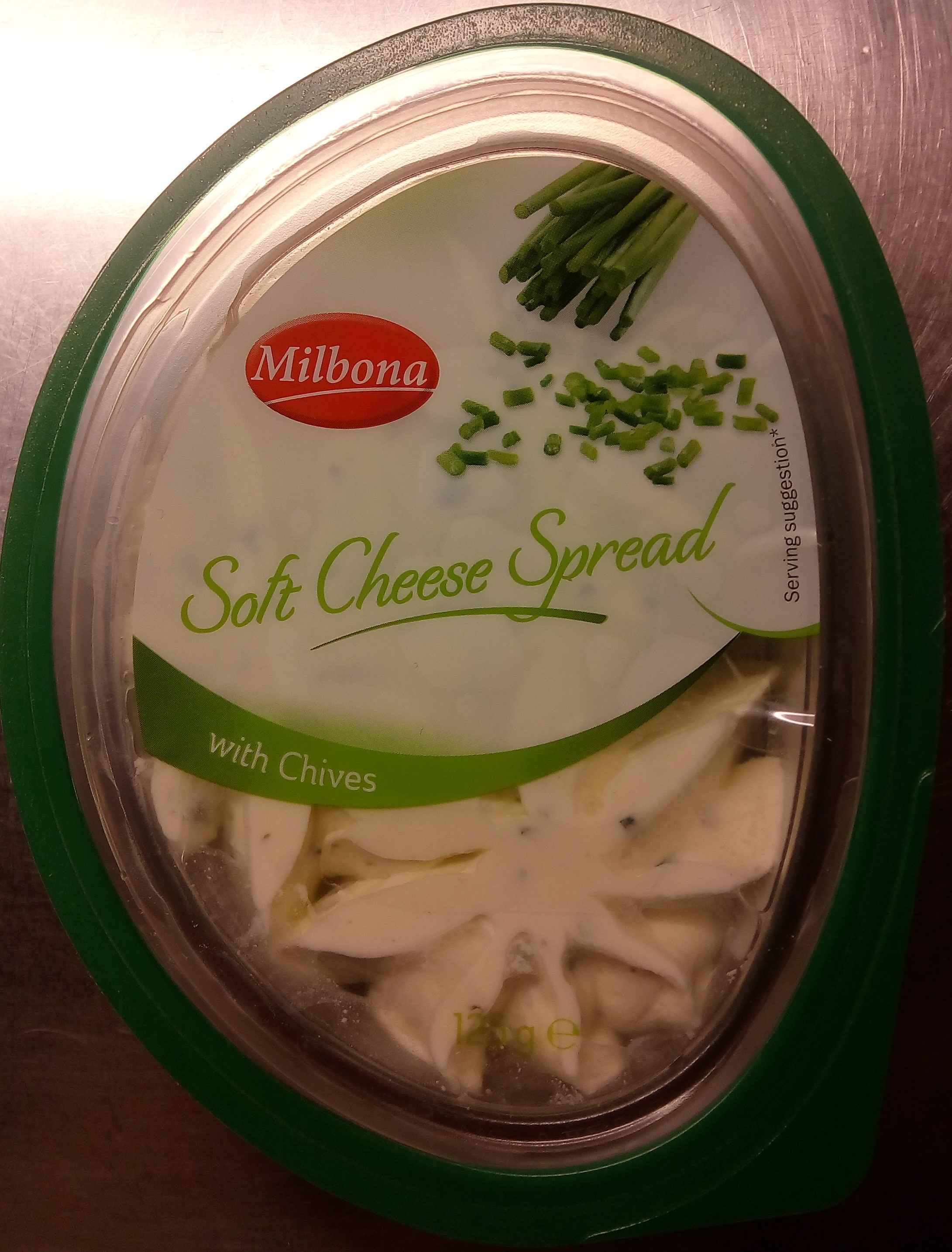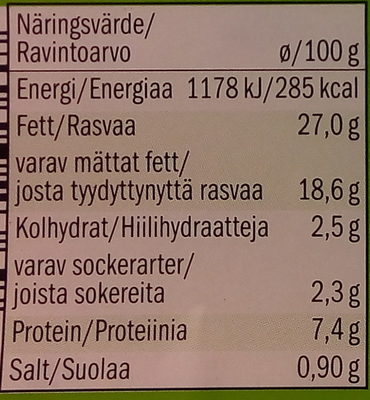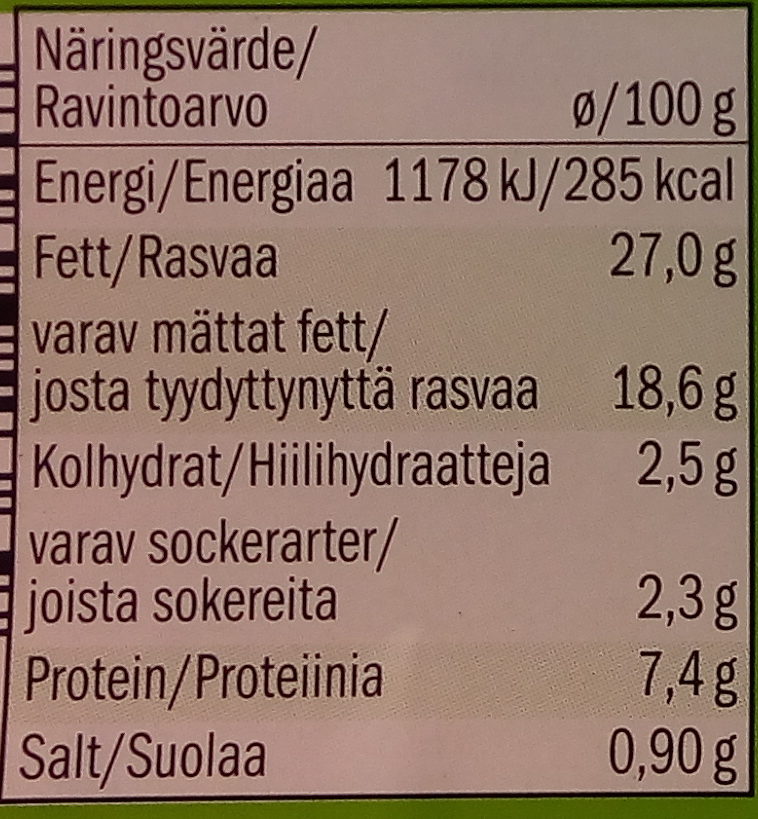Milbona Soft Cheese Spread with Chives - 125 g
Ambiguous barcode: This product has a Restricted Circulation Number barcode for products within a company. This means that different producers and stores can use the same barcode for different products.
×
This product page is not complete. You can help to complete it by editing it and adding more data from the photos we have, or by taking more photos using the app for Android or iPhone/iPad. Thank you!
×
Streckkod: 20462369
Vanligt namn: Färskostberedning med gräslök
Kvantitet: 125 g
Förpackning: Plast, en:Fresh, en:other-plastics
Varumärken: Milbona, Wesa Feinkost
Kategorier: Mejeriprodukt, Fermenterad mat, Fermenterade mjölkprodukter, Ostar, Bredbara pålägg, en:Salted spreads, en:Cheese spreads
Tillverknings eller bearbetningsplats: Germany
Spårbarhetskod: DE NI 107 EG
Butiker: Lidl
Matching with your preferences
Miljö
Carbon footprint
Förpackning
Transportation
Report a problem
Datakällor
Produkt tillagd den av thommyblank
Senast ändrad produktsida på av packbot.
Produktsida också redigerad av aleene, anticultist, beniben, date-limite-app, olofolleola4, openfoodfacts-contributors, yuka.ApJgY_DSMOgENfPI-pw20zfhO-PdL8ZyO2dTog.











